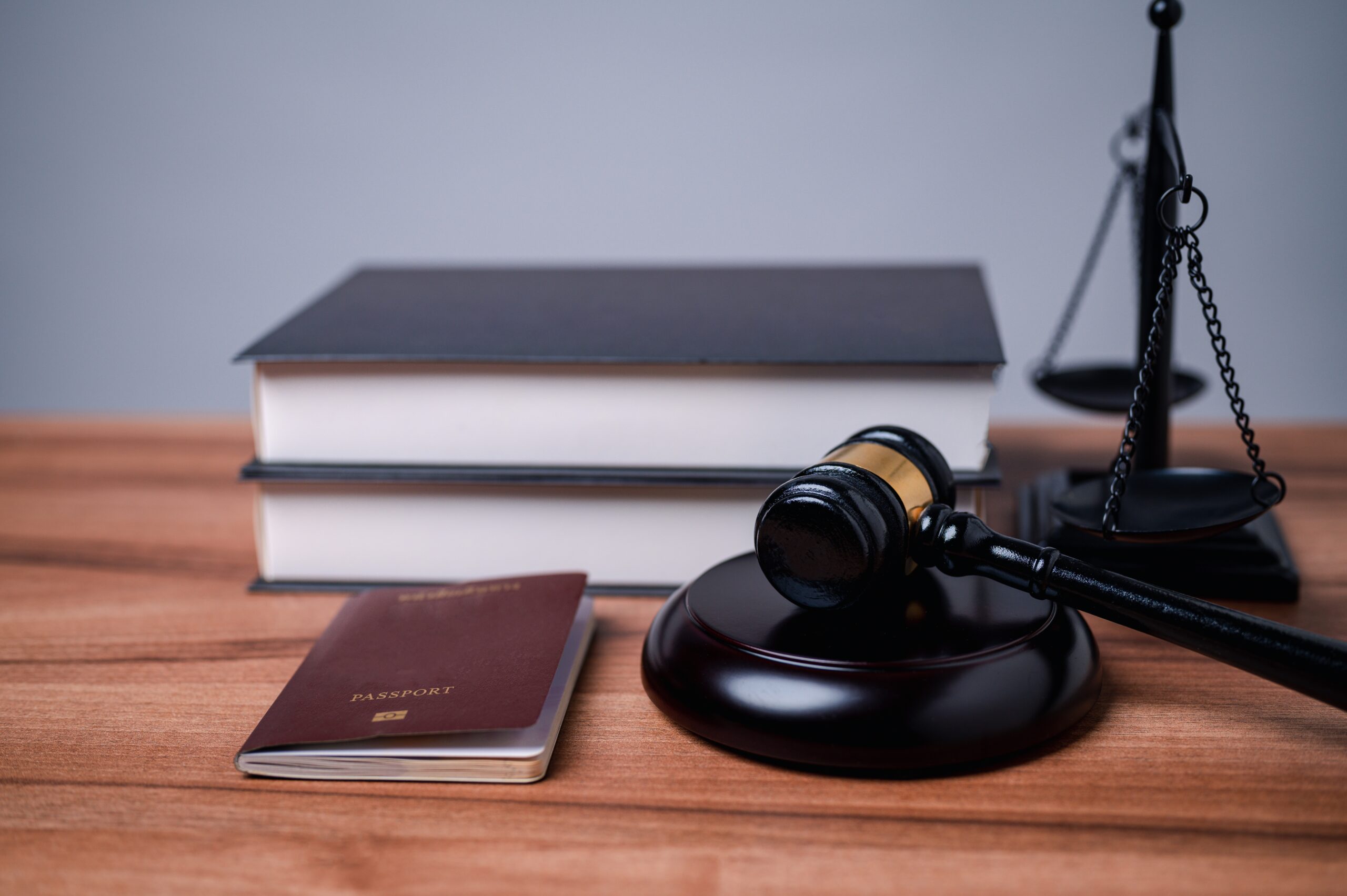Ethics Opinion 1275: Disciplinary Authority and Choice of Law; Immigration Practice
10.25.2024

Opinion 1275 (10/23/2024)
Topic: Disciplinary Authority and Choice of Law; Immigration Practice
Digest: A lawyer admitted to practice in New York who principally practices before federal immigration courts in another state must comply with any reporting obligations in that state’s Rules of Professional Conduct.
Rules: 8.3(a), 8.5(a) & (b)
FACTS:
- The Inquirer is admitted to practice in New York State (State A) but principally practices before federal immigration courts in a different state (State B). While working on a client’s matter, the Inquirer became aware that another attorney who is admitted in a third state (State C) has potentially violated the Rules of Professional Conduct in a matter that is not in connection with a proceeding in a court.
QUESTION:
- Does the Inquirer have an obligation to report another attorney’s potential violation of the Rules of Professional Conduct?
OPINION:
- The Inquirer requests guidance regarding his obligations under the New York Rules of Professional Conduct (the “Rules”).
- Rule 8.3(a) states that a “lawyer who knows that another lawyer has committed a violation of the Rules of Professional Conduct that raises a substantial question as to that lawyer’s honesty, trustworthiness or fitness as a lawyer shall report such knowledge to a tribunal or other authority empowered to investigate or act upon such violation.” The question is whether the New York Rules of Professional Conduct apply to the Inquirer, given that he is also admitted to practice in State B and principally practices in State B. The answer to this question is governed by Rule 8.5 (“Disciplinary Authority and Choice of Law”).
- In N.Y. State 1058 ¶ 6 (2015), which addressed an inquiry from a lawyer admitted solely in New York but is authorized by federal law to practice immigration law in another state, we said:
Under Rule 8.5(a), a lawyer admitted in New York is subject to the disciplinary authority of this state no matter where the lawyer’s conduct occurs — but that does not necessarily mean that the New York Rules will apply. Rather, the rules of conduct that a New York disciplinary authority will apply will depend on the choice of law rules set forth in Rule 8.5(b). …
- Rule 8.5(b) provides:
(1) For conduct in connection with a proceeding in a court before which a lawyer has been admitted to practice (either generally or for purposes of that proceeding), the rules to be applied shall be the rules of the jurisdiction in which the court sits, unless the rules of the court provide otherwise; and(2) For any other conduct:
(i) If the lawyer is licensed to practice only in this state, the rules to be applied shall be the rules of this state, and
(ii) If the lawyer is licensed to practice in this state and another jurisdiction, the rules to be applied shall be the rules of the admitting jurisdiction in which the lawyer principally practices; provided, however, that if particular conduct clearly has its predominant effect in another jurisdiction in which the lawyer is licensed to practice, the rules of that jurisdiction shall be applied to that conduct.
- Any obligation to report the potential violation described by the inquirer does not relate to “conduct in connection with a proceeding in a court” under Rule 8.5(b)(1), so the matter is governed by Rule 8.5(b)(2), which applies to “any other conduct.”
- The inquirer is formally admitted to practice solely in New York, which might seem to indicate that Rule 8.5(b)(2)(i) applies – but N.Y. State 1058 (2015) noted that “if a New York lawyer is permitted to engage in conduct in another jurisdiction without being formally admitted in that jurisdiction, the lawyer should be deemed to be ‘licensed to practice’ in the other jurisdiction ….” We will assume for purposes of this opinion that the Inquirer is permitted to practice in federal immigration courts in State B, and is therefore deemed licensed to practice in State B. When a lawyer is licensed to practice law “in this state and another jurisdiction,” Rule 8.5(b)(2)(ii) applies. See also N.Y. State 1054 (2015), N.Y. State 1042 (2014), N.Y. State 1041 (2014), and N.Y. State 815 (2007) (all applying this principle).”.
- The inquirer practices “almost exclusively” in State B before federal immigration courts. Therefore, under Rule 8.5(b)(2)(ii), State B is the jurisdiction in which the inquirer “principally practices” and we believe that the State B’s Rules of Professional Conduct will govern the inquirer’s reporting obligations if a New York disciplinary authority examines the inquirer’s conduct. See N.Y. State 750 (2001) (“Because the attorney [who represents individuals in immigration matters] is admitted to practice in New York and Illinois, and the jurisdiction in which the attorney principally practices is Illinois, the ethics rules of Illinois are applicable to the inquirer’s question”).
- The inquirer’s conduct could, however, also be examined by the disciplinary authorities in State A and State B because, as New York Rule 8.5(a) states: “A lawyer may be subject to the disciplinary authority of both this state and another jurisdiction where the lawyer is admitted for the same conduct.” Whether the ethics rules of federal immigration courts or any other jurisdiction’s Rules of Professional Conduct require the Inquirer to report the potential violation is a question beyond our jurisdiction on which we offer no opinion. See, e.g., N.Y. State 1058 ¶ 8 (“We do not opine on the specific ethical obligations governing immigration lawyers”).
CONCLUSION:
- A lawyer admitted to practice in New York who principally practices before federal immigration courts in another state must comply with any reporting obligations in that state’s Rules of Professional Conduct.
(14-24)




